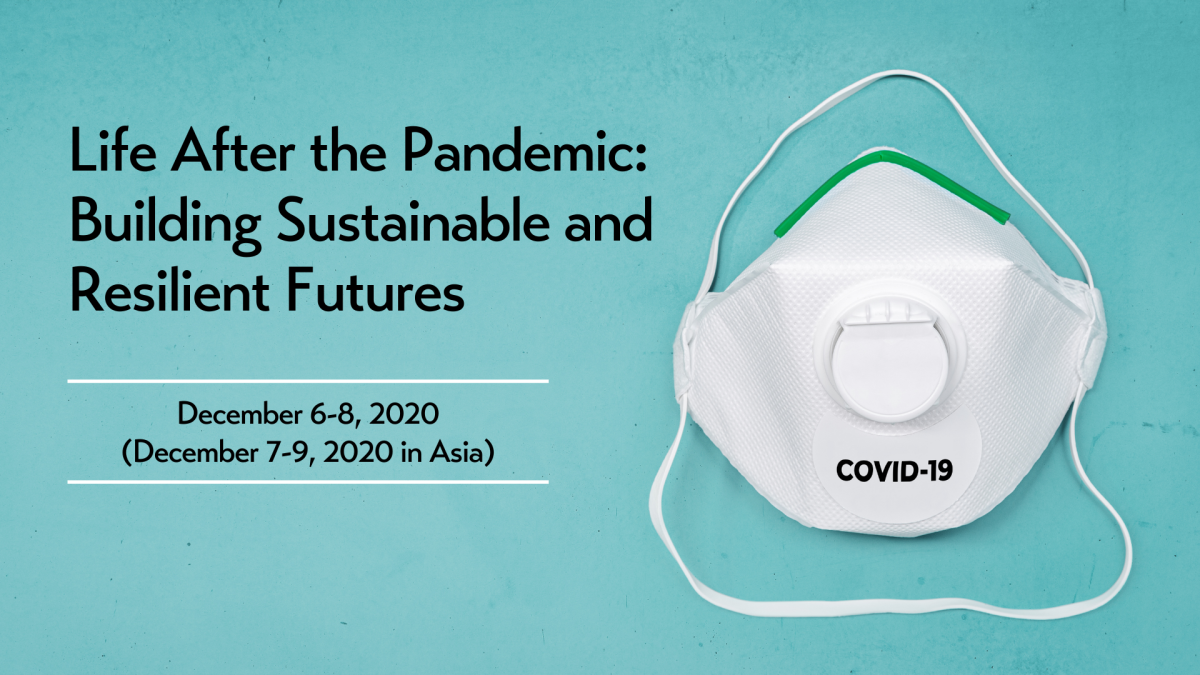Asia 21 Virtual Summit

The 2020 Asia 21 Young Leaders Summit was held for the first time as a virtual event from December 6-8, 2020. The theme for the summit was simple yet profound: Life After the Pandemic: Building Sustainable and Resilient Futures. Given the multiple traumas wrought by the global pandemic, the summit focused on facilitating ways to leverage the expertise and energies of the Asia 21 network to tackle the long-term effects of COVID-19—economic slowdown and income inequality, pandemic preparedness, climate response, upskilling for the digital world, equity and inclusion in the workplace, mental health, and resetting for new normal after COVID-19, to name a few.
While the rapid shift to remote work has brought on many challenges, it has also offered an opportunity for creative solutions using technology to bring people together. The summit sessions were divided into three distinct categories: sessions hosted by the Asia 21 global team in New York; sessions hosted by the Asia 21 global chapters; and other sessions hosted by alumni of the Asia 21 network.
Summit Dates
10 p.m. - 12:15 a.m. New York Time (going into 9 Dec)
This event is open to the general public. For inquiries, please email [email protected].

